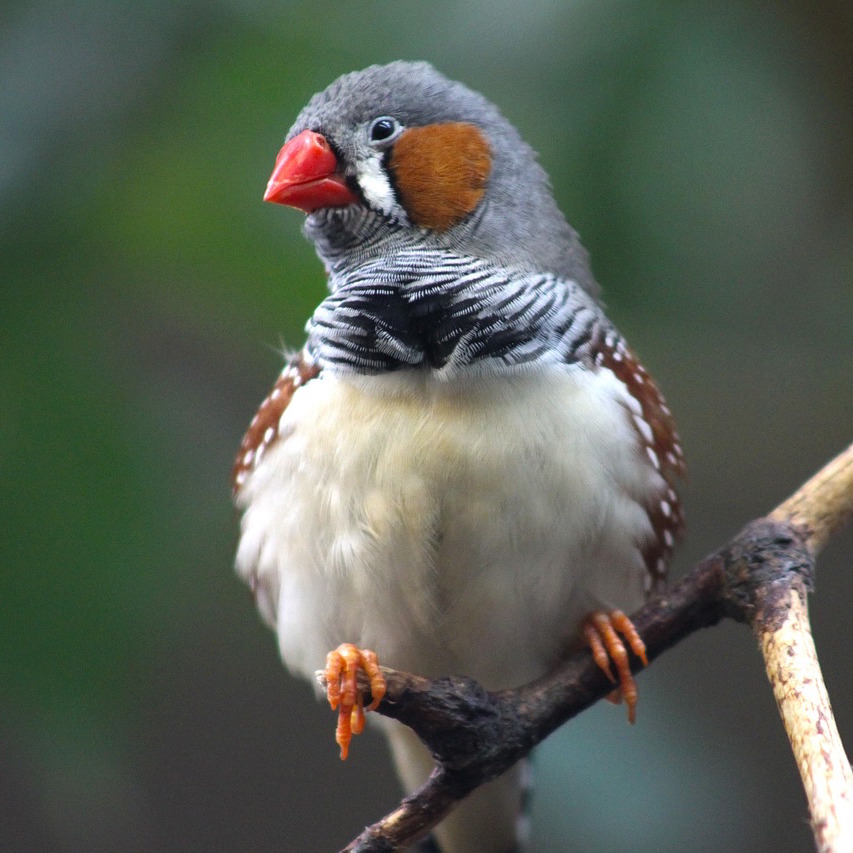 PIXABAY, JPROHASZKAZebra finch parents seem keenly aware of the weather during the last few days of incubating their eggs. And if it’s warmer than usual, they let their unborn chicks know. In a study published last week (August 19) in Science, researchers from Deakin University in Victoria, Australia, have shown that the birds croon a special song that seems to trigger changes in their chicks’ development. The chicks grow more slowly and, as adults, have more offspring of their own, the researchers showed.
PIXABAY, JPROHASZKAZebra finch parents seem keenly aware of the weather during the last few days of incubating their eggs. And if it’s warmer than usual, they let their unborn chicks know. In a study published last week (August 19) in Science, researchers from Deakin University in Victoria, Australia, have shown that the birds croon a special song that seems to trigger changes in their chicks’ development. The chicks grow more slowly and, as adults, have more offspring of their own, the researchers showed.
“That’s a strategy we really didn’t know birds could do, and that could potentially help them deal with global warming,” study coauthor Mylene Mariette of Deakin told New Scientist.
Zebra finches are adept vocalists; mates often call to one another as they share parental care. But Mariette noticed that, sometimes, just a few days before their offspring hatched, the birds would sing when they were alone with the eggs, she told the BBC. The birds performed one particular song only during warm weather (above around 78 °F), she observed.
To examine the effects of this call, Mariette and her colleague Katherine Buchanan, also at Deakin, experimentally controlled the sounds that dozens of eggs heard, New Scientist reported. For three to five days before the eggs ...




















